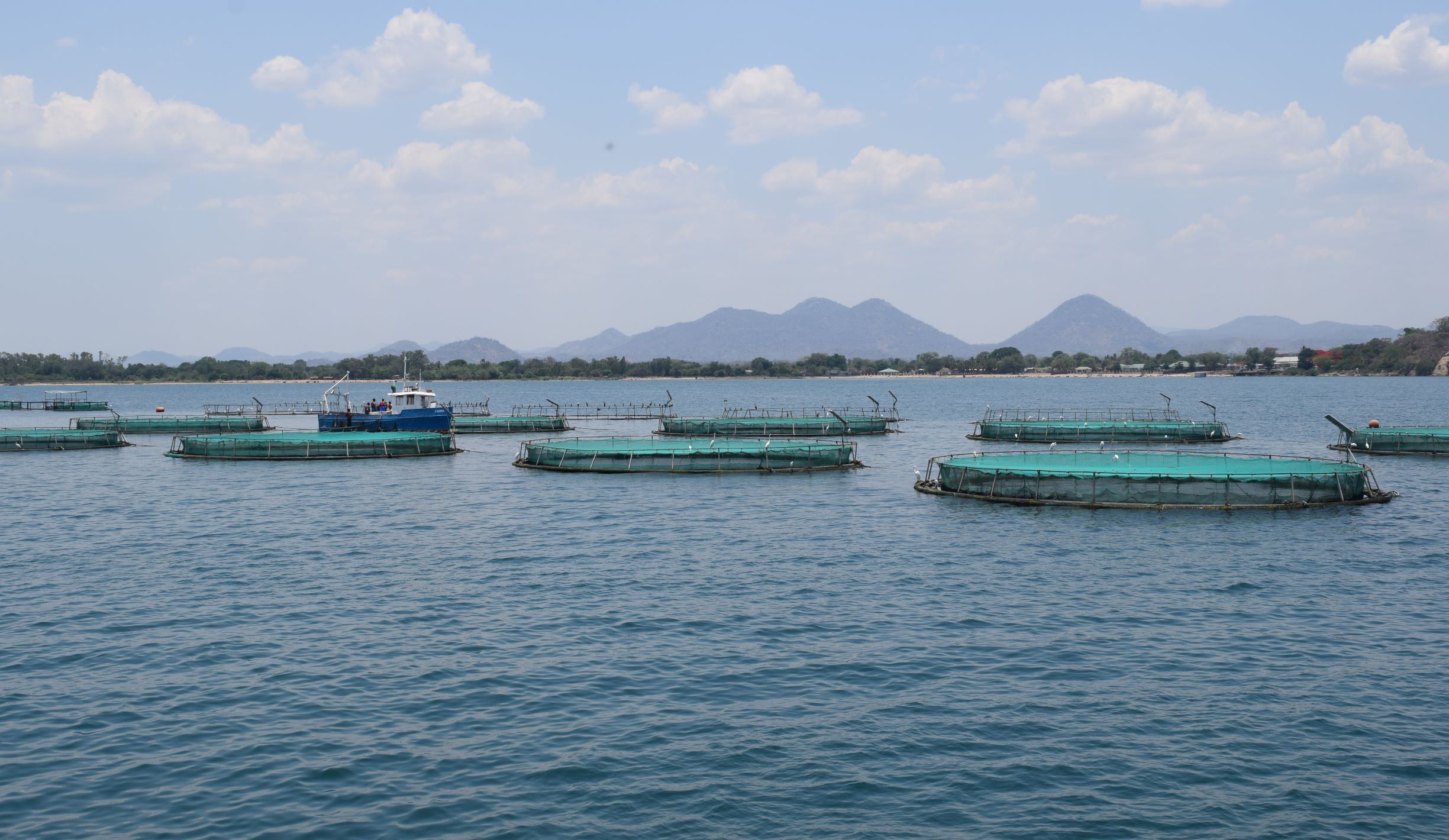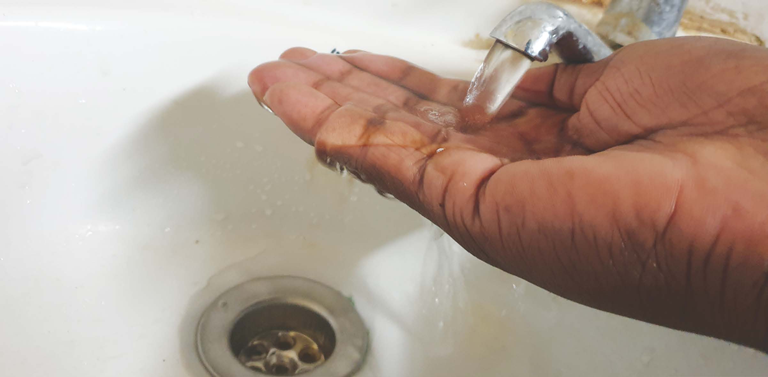Donors urge govt to rethink AIP
The Donor Committee on Agriculture and Food Security in Malawi has urged government to rethink the allocations to the Affordable Inputs Programme (AIP) which is consuming over half of the funding to the sector.
In a joint statement by the European Union (EU) and Government of Malawi following the Annual Agriculture Joint Sector Review held in Lilongwe yesterday, EU Ambassador Rune Skinnebach, who co-chaired the meeting, said with over half of the public spending in the sector devoted to the input subsidy programme, not much is left to invest in drivers of growth.
She said: “It is not a secret that, with over half of the public spending in the sector devoted to the input subsidy programme, there is not much left to invest in drivers of growth, such as irrigation, rural infrastructure, research and agricultural services, for which there is a need to rethink the allocations in the agricultural budget.”
The development comes amid mounting pressure on government to shift focus from the AIP to provision of extension services and commercialisation to achieve aspirations of the Malawi 2063 (MW2063), the country’s long-term development strategy.
Since the 2005/06 fiscal year, the government has
implemented Farm Inputs Subsidy Programme which in 2020 was rebranded and expanded as AIP, for smallholders to raise productivity and achieve national maize harvest to meet the needs of the population.

donor representatives
In the 2022/23 National Budget, AIP has claimed K109.5 billion, representing about 85 percent of the agriculture sector budget.
But still, the allocation was not enough to cater for all earmarked farmers and it has taken some donors to support the country with 92 000 metric tonnes of fertiliser.
The allocation is a K33 billion decline from the previous year’s K142 billion allocation.
Ironically, the number of AIP beneficiaries was reduced to 2.5 million from 3.7 million the previous season.
According to the joint statement, in overall terms, the review confirmed that there is a stable financial support to the agriculture sector in Malawi over the past years, with 60 percent of public resources for the sector concentrated in the AIP in the 2021/22 fiscal year.
Reads the statement in part: “AIP reform process is ongoing, and requires a review of beneficiary targeting and categorisation of farmers to identify the most appropriate support options.
“The emerging climatic and economic shocks require the agriculture sector to build adaptation and resilience for the years to come.”
The statement further said Minister of Agriculture Sam Kawale , who also co-chaired the meeting, confirmed that the government is undertaking a reform of the AIP and requested development partners to support efforts to improve targeting of beneficiaries in order to avoid excluding those in higher need, and to assist the ministry to improve the categorisation of farmers and the identification of appropriate support options outside the AIP.
A report from a study on Malawi conducted by London-based think-tank Legatum Institute titled ‘Pathways to Prosperity’ had also challenged government to enhance agricultural productivity through mindset change by moving away from fixed subsidies to increased private sector participation, among others.
The report suggested a change of approach in both agriculture and infrastructure to increase productivity. It suggested that instead of subsidising inputs for farmers, government should create space for the farmers by giving them incentives to increase agricultural productivity and locally-led economic growth






One Comment